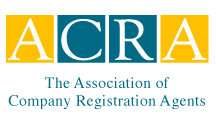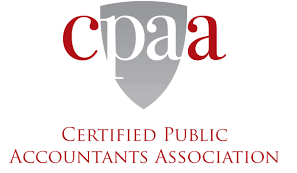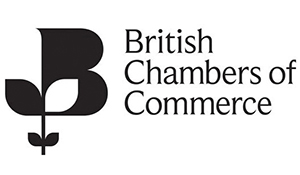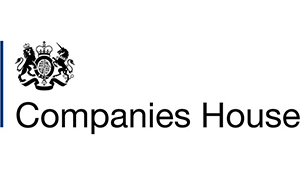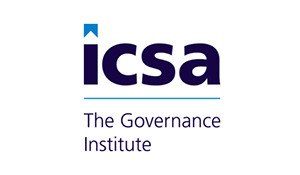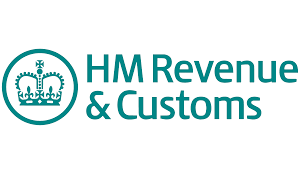As of July 3, 2024, Czechia announced that it will not recognize non-biometric passports of the Russian Federation, EU Helpers reports.
Denmark Approved the Same Measure as Czechia, Too
During a recent meeting, the relevant EU body called other states to adopt the same measure. As a result, Denmark has already taken the same step as Czechia. Commenting on the decision, Czech Foreign Minister Jan Lipavsky said such a move was necessary to avoid possible Russian sabotage.
Lipavský further noted that Russian citizens willing to stay in Czechia must prove their trustworthiness.
Moreover, in 2014, two people were killed as a result of explosions in an ammunition depot in the eastern Czech town of Vrbetica by a Russian sabotage operation. He also caused tens of millions of dollars in damages.
Some media reports in 2021 suggested that the ammunition was to be transferred to either Ukraine or Syria, as is said of the Syrian opposition fighting the regime of Bashar al-Assad, an ally of Russia. In response, the company that owned the supplies disputed these claims.
Cezhia’s Request to Stop the Entry of Russians Into the Country Failed Several Times
In April of this year, Minister Lipavský once again reiterated the tendency to ban the movement of Russian diplomats in the Schengen area, stressing that Russian intelligence poses a threat to the European Union.
During the same period, two Russian agents were arrested in Germany on espionage charges on suspicion of sending information to Russia and also planning attacks aimed at sabotaging support for Ukraine. Thus, the Foreign Minister said that he fully supports Germany’s decision to take measures and not allow Russia to bring terror to its territory.
Even last fall, the Czech Republic proposed that Russian agents would no longer be allowed to travel freely within the Schengen area. Still, this proposal hasn’t received support from all Schengen member countries.
The same has called on the EU to consider imposing movement restrictions on Russian diplomats entering the Schengen area.
The latter has already tightened some of the visa rules for Russian diplomats. In 2022, the EU no longer issued Schengen visas to Russian diplomats under relaxed regulations.


